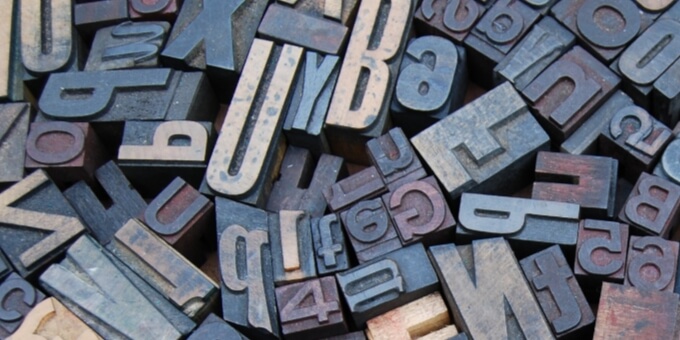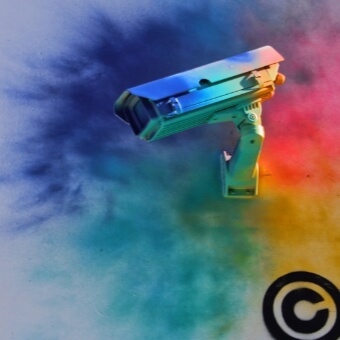What To Do When Someone Steals Your Brand

Is imitation the sincerest form of flattery? It can be, but if that imitation is the exact wording of your carefully-written slogan or ad, you shouldn’t always be flattered. Everything that makes your business distinctly yours, from the logo to the jingle to the specific names of the services you offer, shouldn’t be treated as any old commodities. They aren’t just pretty pictures and phrases – they can give you the edge over your competition.
But let’s not get ahead of ourselves. For small businesses, brand theft can actively hurt the bottom line because building a solid brand that reflects your business took you a lot of time and resources. But under some circumstances, it’s best to just be flattered. So what can you do when someone uses your work for their own gain, and when should you fight back?
Experiencing Brand Theft Panic? First Take a Breather
Before pursuing the issue any further, ask yourself a few questions. The first, and maybe the one that will shield you from the most embarrassment, is: Is this actually brand theft? If you’ve spent a lot of time with your logo and slogan, you might see it jump out everywhere, but the truth is that similar wording or fonts can’t always be considered theft. You have to approach any kind of imitation with a calm head.
 Another big question to ask is: Is fighting back worth it? Does the company doing the “stealing” pose a threat to your profits or reputation? The situation can be a lot different when the company is in, say, Australia, versus a company just down the road.
Another big question to ask is: Is fighting back worth it? Does the company doing the “stealing” pose a threat to your profits or reputation? The situation can be a lot different when the company is in, say, Australia, versus a company just down the road.
The third question you should ask yourself is: Does the theft harm my business in any way? If it’s potentially damaging your reputation or confusing your customers, it really might. Consider a trademark as your next step, or as a preventative measure if you’re dependent on your branding.
Consider Registering a Trademark To Avoid Brand Theft
If your branding is your livelihood, you may do well to file a trademark. This protects your unique ideas from being poached and gives you legal standing should a company in Canada choose to “imitate” you. When you register for a trademark, you have exclusive rights to it for 15 years, after which you can renew.
Before registering, make sure your trademark is available. Even if you’ve done a lot of research to make sure your idea is original, someone might have registered it and still have it. Search through the Canadian Trademark Database to see what’s available before expending any time or money. There are expenses involved in registering, so make sure that it’s worth it to you!
your idea is original, someone might have registered it and still have it. Search through the Canadian Trademark Database to see what’s available before expending any time or money. There are expenses involved in registering, so make sure that it’s worth it to you!
Pull a Frozen and “Let It Go”
The alternative is to just, well, be flattered and keep your eye on what truly matters. For many of us, it’s instinctual to get on the defensive and portray it as a negative interaction, but it doesn’t have to be. It could be someone in another industry, in another part of the province or country, that saw your work and felt inspired by it. If it’s not damaging to you, why not take the flattery and feel inspired yourself?
Creativity is a spark we sometimes feel when looking at other people’s work, and this work can, even unconsciously, slip into our ideas. The fact that you created this spark in someone else is pretty cool! Use it as a driver for more good ideas, all while keeping your eye on how it affects your business.
The thing is, there is no satisfying answer that will please everyone when it comes to brand imitation or theft. Some of us might be hurt and decide legal action is the way to go, some of us might decide it’s not worth it. The appropriate reaction, whatever direction you might choose, is to stay calm and make sure you have the support needed. A messy interaction is bad for business and, more importantly, your mental well-being! 
Besides, ideas aren’t always stolen. Burger King had to be franchised as Hungry Jack’s in Australia because one shop had trademarked it before the company expanded into the country. Sometimes great minds simply do think alike, even if they’re spread out by geography. But if you’re tied to your branding and want to ensure that no one can steal it, a trademark or an easy-going disposition are your best bets.